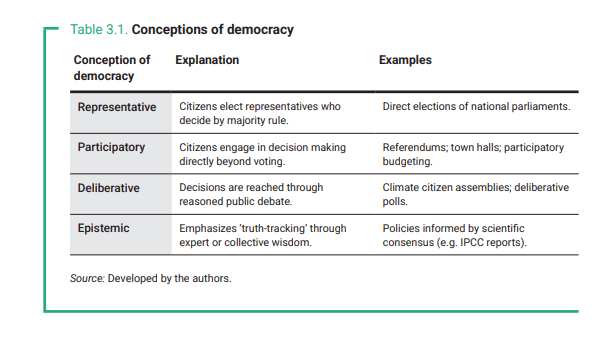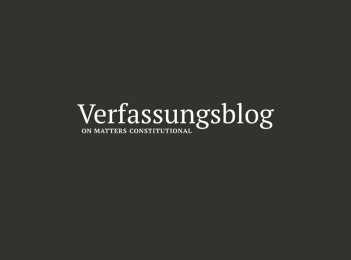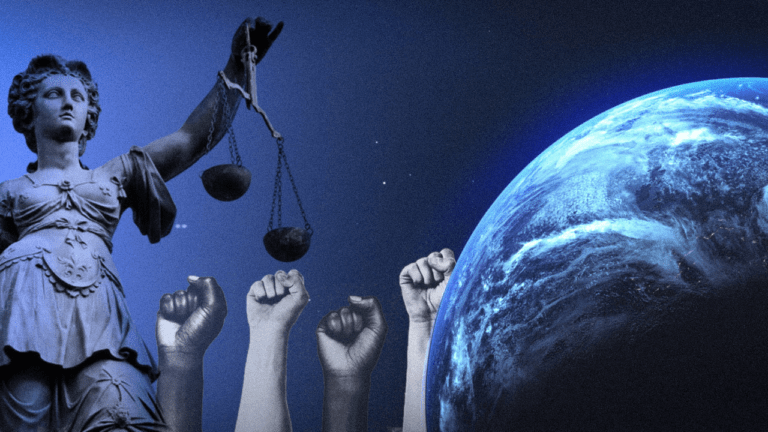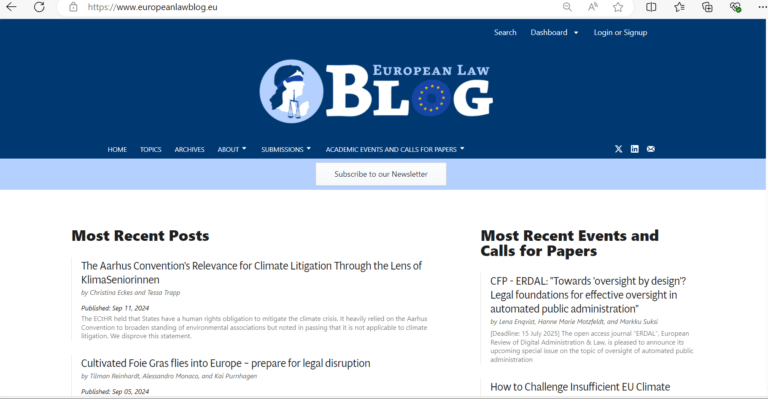Let the Courts Decide?
The Potential and Limitations of Climate Litigation from
a Democracy Perspective
International IDEA’s new report explores how climate litigation is influencing accountability, rights, and public debate and Professor Christina Eckes is one of the authors. The International Institute for Democracy and Electoral Assistance (International IDEA) is an intergovernmental organization that supports democracy worldwide. The report considers what this trend means for democracy, including the opportunities it creates for transparency and participation, as well as the risks of placing too much weight on the courts.
”Around the world, communities, youth groups, and civil society are increasingly turning to the courts to push governments and companies to act on their climate commitments and responsibilities. Nearly 3,000 climate-related cases have been filed worldwide since the late 1980s, with a sharp rise after the Paris Agreement. This shift is reshaping not only climate governance but also public expectations of responsibility.”
Christina’s chapter is titled, ‘Strategic climate litigation in Europe: what conception(s) of democracy in judicial reasoning?‘. The chapter explores how strategic climate litigation both reflects and challenges the boundaries of democratic and social legitimacy. By examining how courts justify their interventions in climate policy (and thus democratic decision making), it asks which conceptions of democracy are invoked or reinforced by judicial reasoning.







